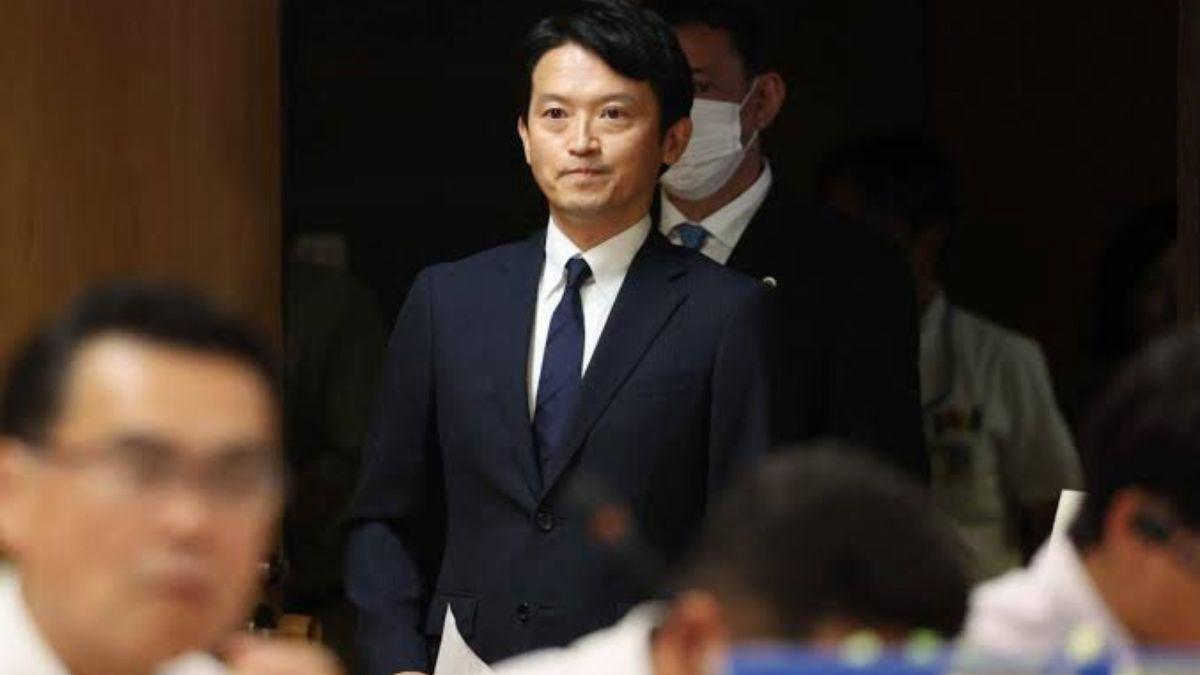Hyogo Prefecture Governor Masaharu Saito has announced that he may consider dissolving the prefectural assembly if a forthcoming motion of no confidence against him is passed. Saito, who faces allegations of power harassment, emphasized that his decision would be guided by legal provisions and the assembly’s response.
In the wake of accusations of power harassment, all 86 members of the Hyogo Prefectural Assembly have called for Saito’s resignation. Should he refuse to step down, a no-confidence motion is set to be submitted by all five assembly factions and independent members on September 19, the opening day of the regular assembly session.
Speaking to reporters in Kobe on September 14, Governor Saito reiterated his stance against resigning. He stated, “My feelings have not changed. I am committed to my duties and will continue to advance necessary reforms and budgets.” When asked about his potential response to a no-confidence motion, Saito indicated that he would adhere to legal guidelines but did not exclude the possibility of dissolving the assembly as a course of action.
This development reflects a heightened political standoff between Saito and the prefectural assembly. The prospect of dissolving the assembly could further complicate the situation and lead to prolonged political uncertainty in Hyogo Prefecture. Saito’s approach mirrors similar high-stakes responses seen in past political crises in Japan, where leaders facing significant pressure have opted for drastic measures to assert control or resolve disputes.

